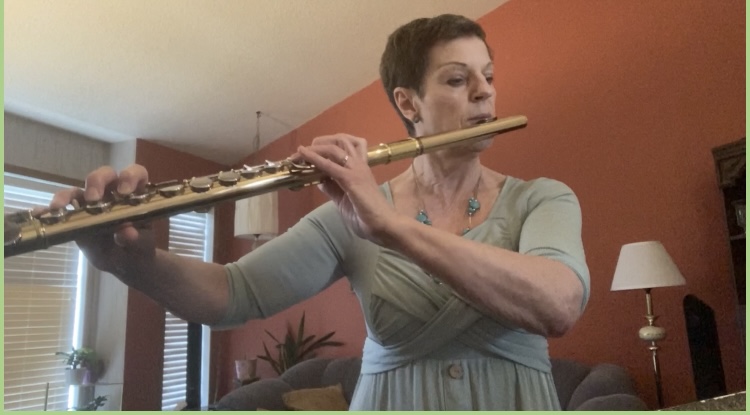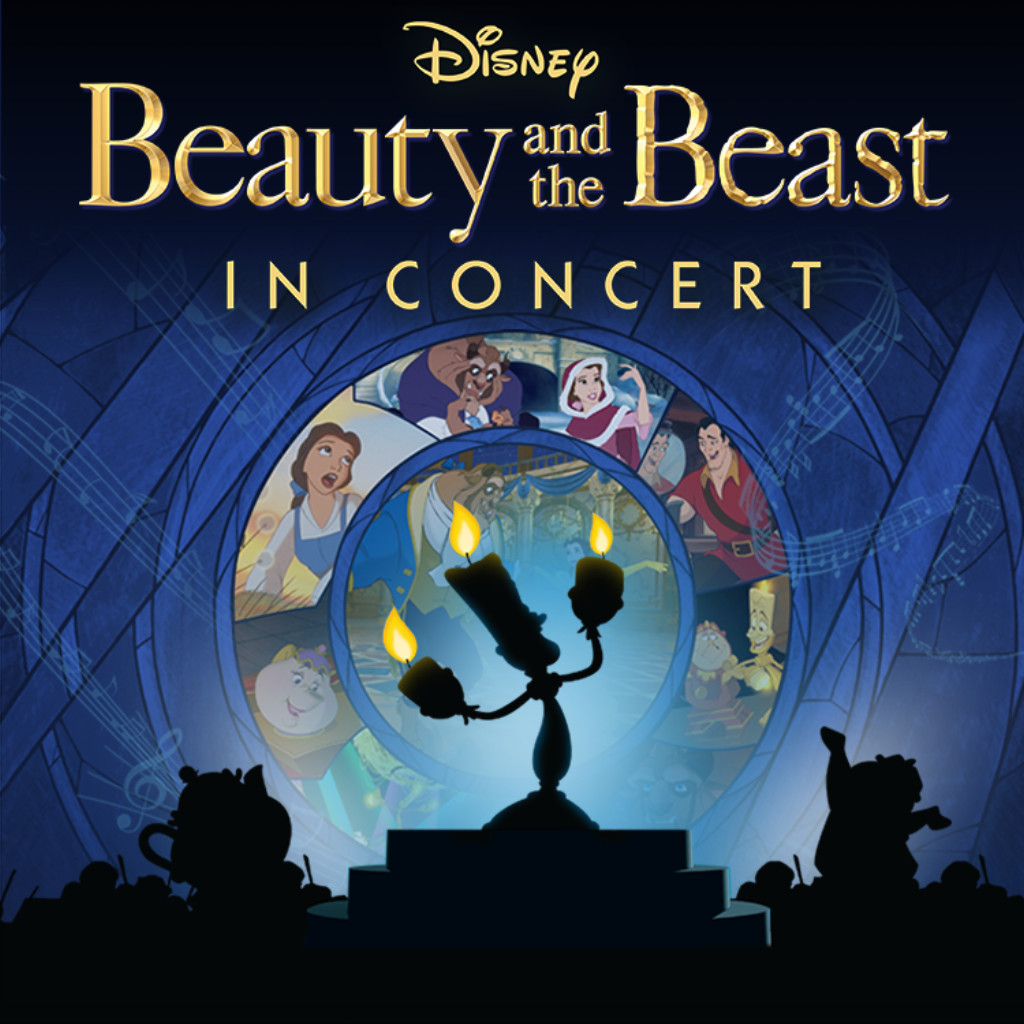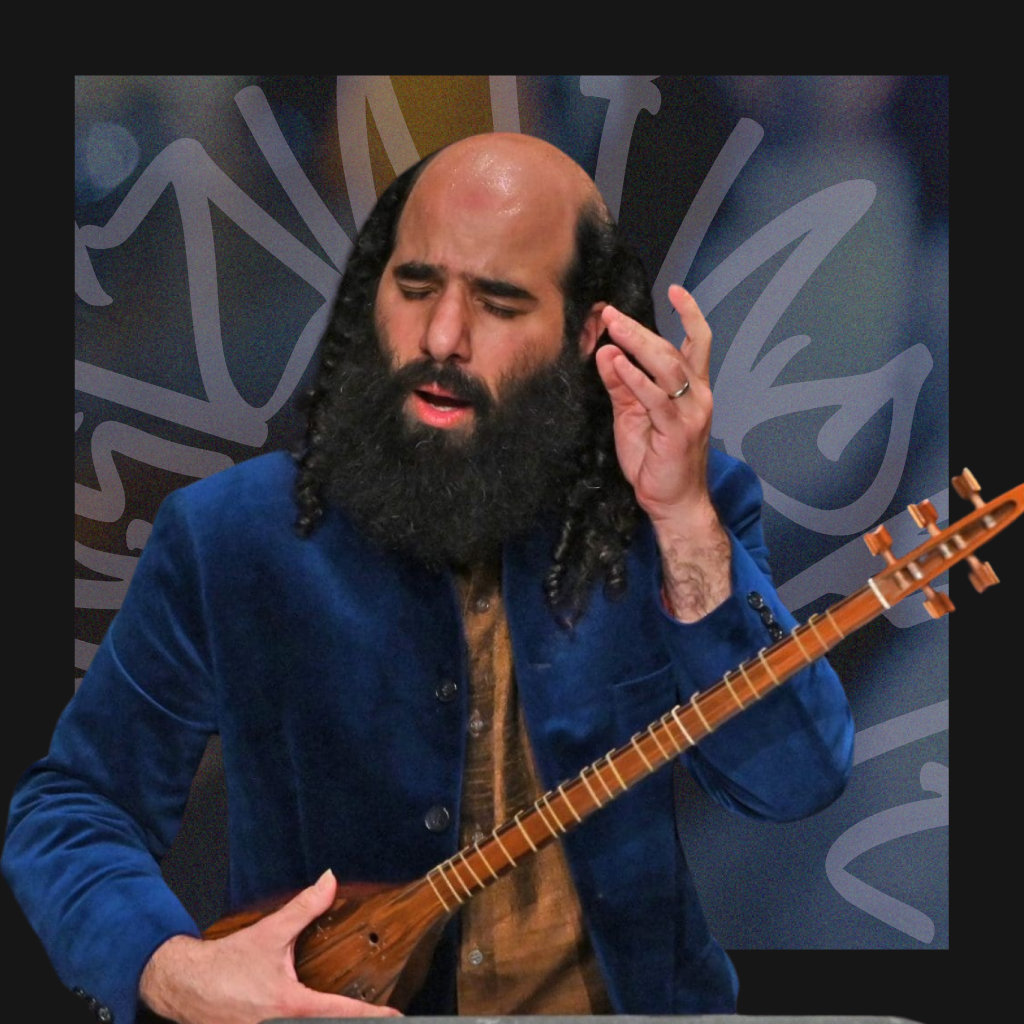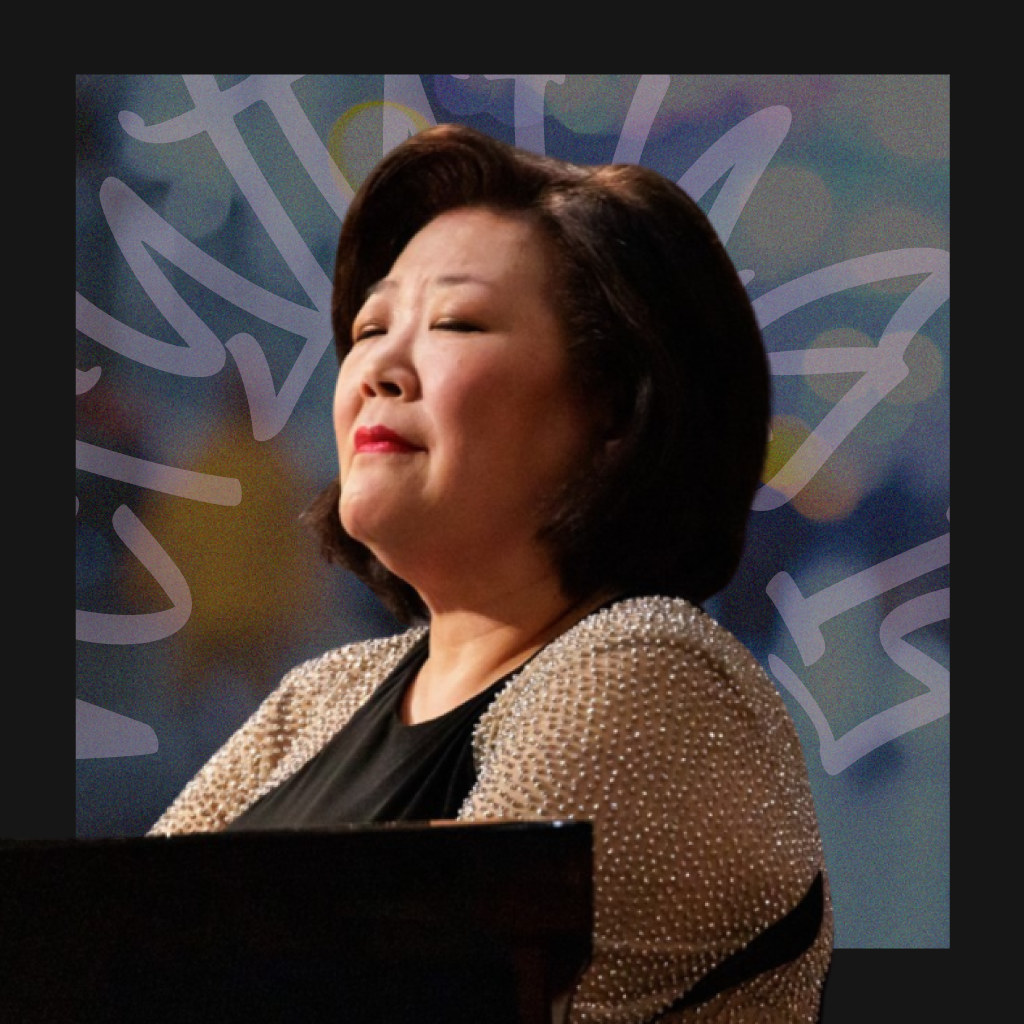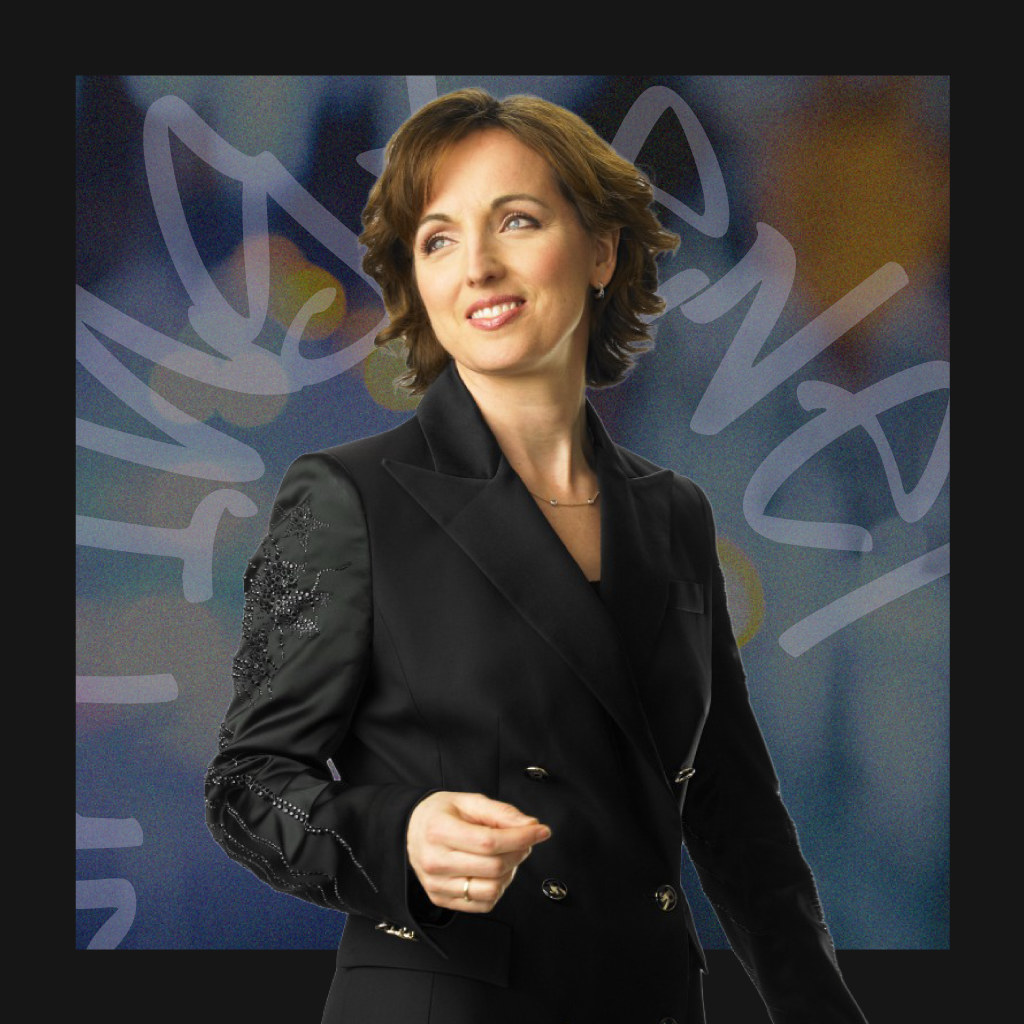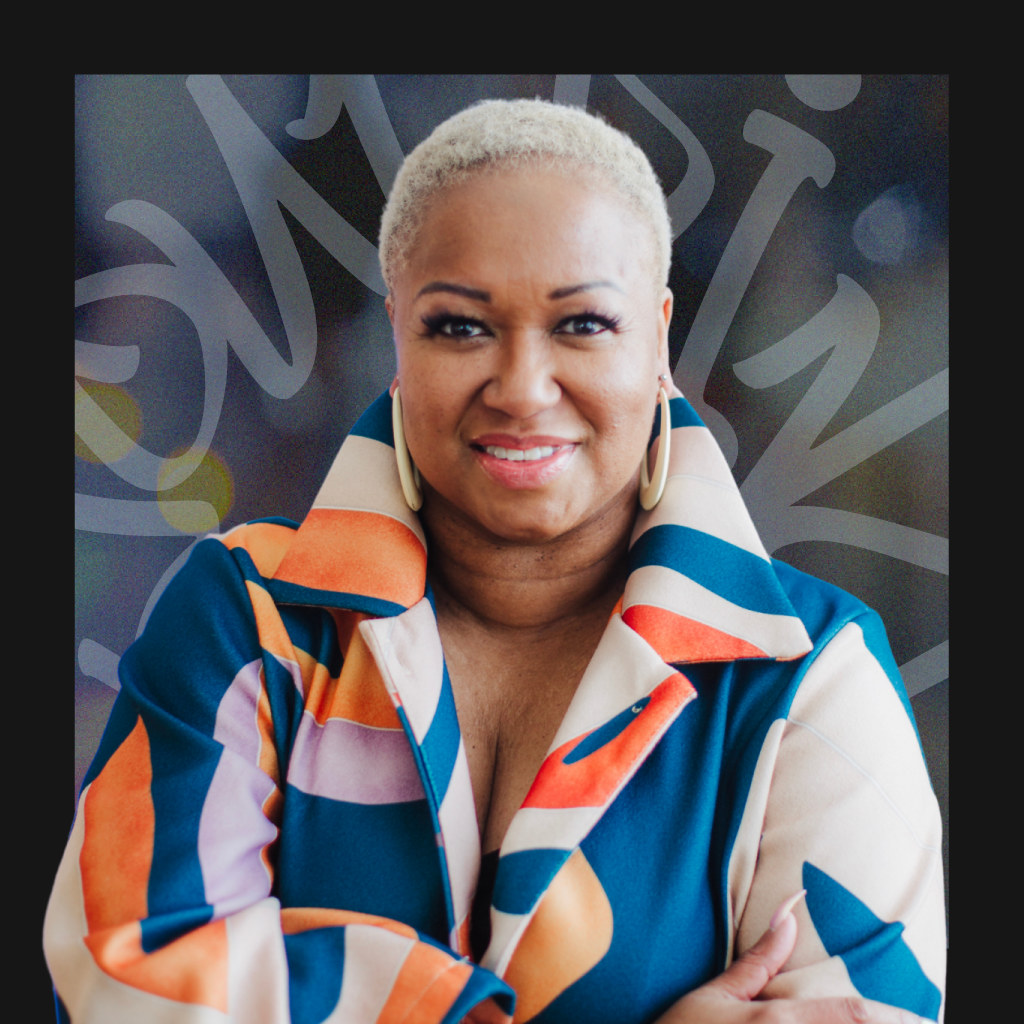It’s the most wonderful time of the year! And we hope that your days are filled with music as we get closer to the holidays.
We’re busy preparing for our performances of ELF and Handel’s Messiah. And in the office we’re putting the finishing touches on next season’s programming…we cannot wait to share the details of our 95th season with you!
As a charity, this time of year is very important to us. December gives us a chance to receive donations that you can claim with your 2024 taxes. One of the great things about giving to the charities you love is that you ensure that your investment stays right here in your community.
This December, the SSO is purposefully focusing your support in a few key areas. Our work on our strategic plan Opus 100 is the most important work we can do. While we know that you love coming to our concerts, we are called to our purpose on stage and beyond. To ensure we’re valued in our community, we’re:
- Investing in our orchestra.
We’ve been working with our musicians on a new contract that sees us focus organizational resources on pay and pension contributions for our musicians. This is, in my opinion, the most important work the SSO can do at this time. We are so lucky to have such an incredible group of musicians calling Saskatoon home, but we need to ensure that we commit to long-term financial investment in our musicians. They do incredible work, and they deserve to be properly compensated. This investment is also needed to attract and retain high-calibre musicians. - Enlivening programming
The SSO has been working on a bigger vision for the future of what we can do for our community. Making music accessible and engaging to as many people as possible is critical to ensuring that the SSO has a future. Your gift can support tickets for young people, support the Symphony in Schools programming, and help us develop new outreach programs for adults and seniors. We want to make sure that everyone can have the benefit of the increased well-being that comes with making music. - One-of-a-kind experiencesThe SSO has become known for its innovative programming that highlights music from Bach to new music, Beethoven to rap. Concerts like next spring’s Metamorphosis showcase what’s possible when we dream big – giving our audiences experiences that can only be experienced right here in Saskatoon. Bringing concerts like Harry Potter and Disney films to life ensures that so many people who have never been to the SSO now feel deeply connected to why it’s important to ensure Saskatoon has a vibrant orchestra.
- Supporting production
Without a musical home, the SSO finds itself continually spending more and more each year on production costs. Moving concerts and rehearsals from venue to venue and place to place comes with growing expenses and a great deal of our staff’s time. As we continue to grow what the SSO does for its community, we need to keep supporting this work to financially manage that growth.
It feels incredible to hear your passion in the cheers during concerts. It’s literally the best feeling in the world. We can’t tell how much you appreciate the work we do. If it were possible, we’d be coming round to all of our donors’ houses to give you a giant cheer for each and every one of of your gifts this year. That’s how much we appreciate what you do for us!
And donating ahead of December 31st allows us to automatically double your gift. Once again, we’re humbled to have your gifts matched by the Frank and Ellen Remai Foundation.
We are so grateful for your help in reaching our fundraising goal for this year’s matching campaign to ensure that the SSO doesn’t just thrive, but flourishes!
Thanks for supporting the SSO,
Mark Turner










